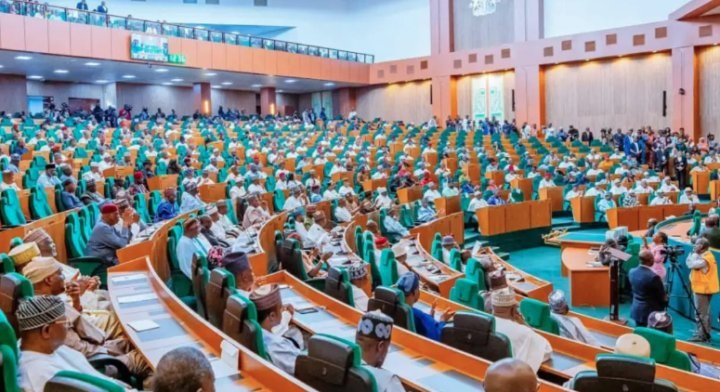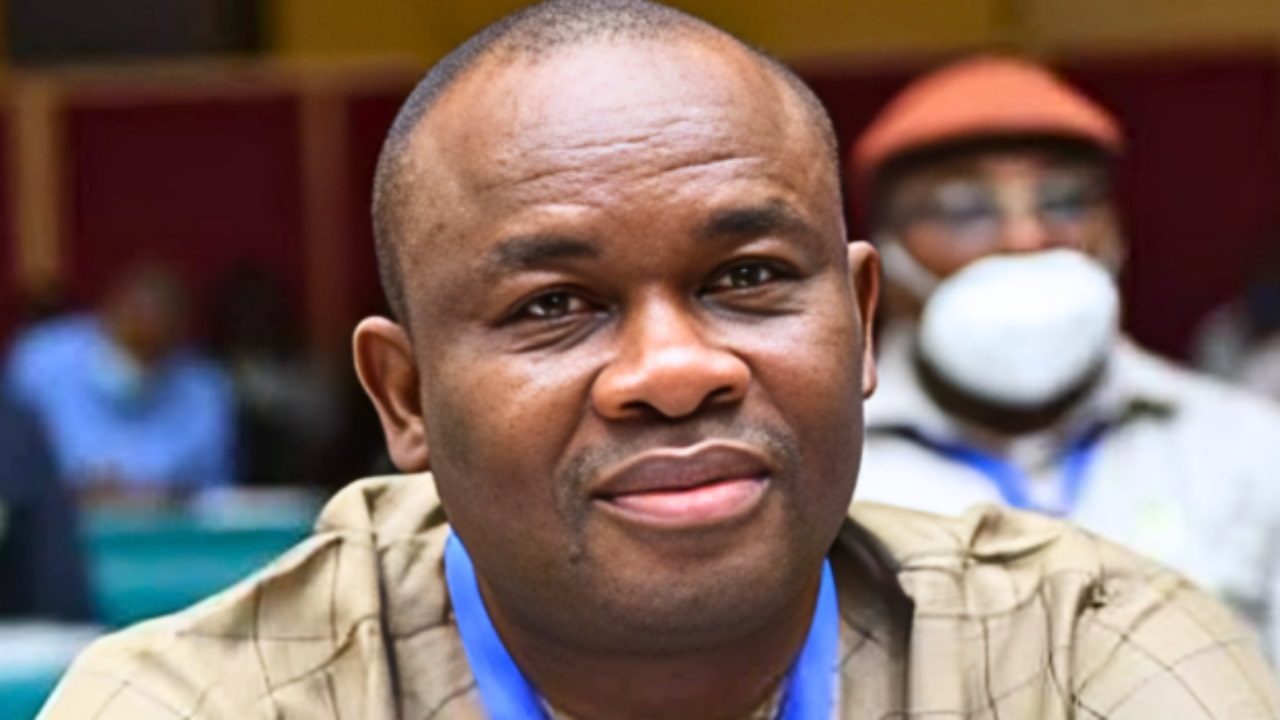Nigeria’s House of Representatives has approved President Bola Tinubu’s plan to raise $2.347 billion from international lenders and investors, paving the way for a mix of Eurobonds, syndicated loans, and an inaugural $500 million Sukuk issuance aimed at financing next year’s budget and managing the nation’s maturing debts.
The lower chamber’s approval came on Wednesday after adopting a report from the House Committee on Aids, Loans, and Debt Management, chaired by Hon. Abubakar Hassan Nalaraba.
Under the plan, $1.23 billion will go towards bridging the 2025 budget deficit, while $1.12 billion will be used to refinance Eurobonds that mature in November 2025.
The new borrowing is expected to be sourced from the international capital market through a blend of Eurobond sales, syndicated facilities, or direct engagement with multilateral lenders.
In what lawmakers described as a “landmark diversification move”, the House also authorised Nigeria’s debut Sovereign Sukuk issuance in the international market — a $500 million instrument designed to attract investors from Islamic financial markets and expand the country’s funding base.
Committee Chairman Nalaraba told the chamber that the plan aligns with Nigeria’s Fiscal Responsibility Act 2007, ensuring that external loans remain within sustainable limits and focused on capital investment.
“The proposed loans will not plunge Nigeria into debt distress,” Nalaraba assured. “They are carefully structured to refinance existing obligations and maintain liquidity throughout the 2025 fiscal year.”
The committee confirmed that it had reviewed submissions from the Ministry of Finance, the Debt Management Office, and the Central Bank of Nigeria, and found the proposed financing plan consistent with the government’s medium-term debt strategy.
President Tinubu’s letter to Speaker Abbas Tajudeen had earlier outlined the plan, including the $1.843 trillion external borrowing component of the 2025 Appropriation Act (at a budget exchange rate of N1,500 to $1) and a $1.118 billion Eurobond refinancing arrangement.
Analysts say the move could help stabilise Nigeria’s fiscal outlook in 2025, especially as the government balances the need for capital investment with debt service obligations amid volatile global credit markets.





